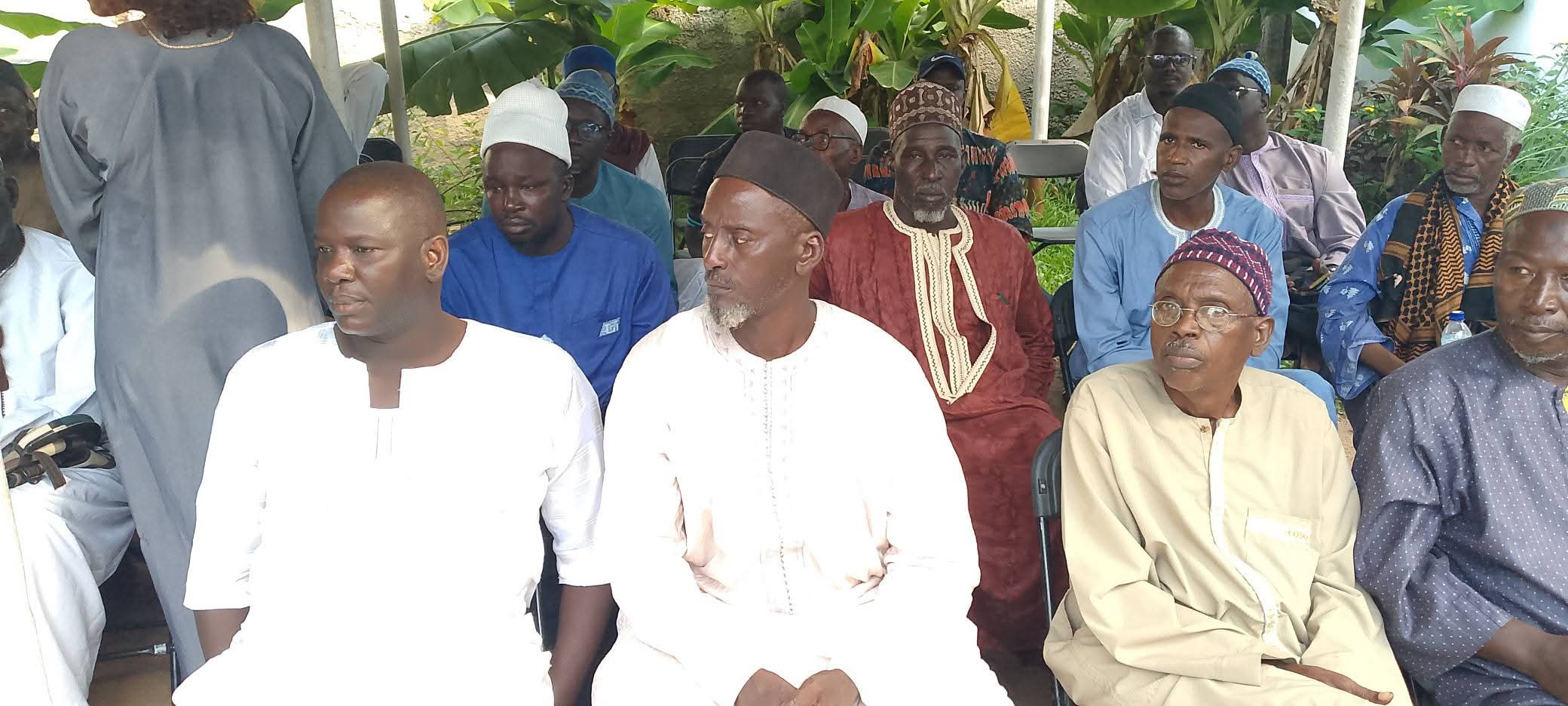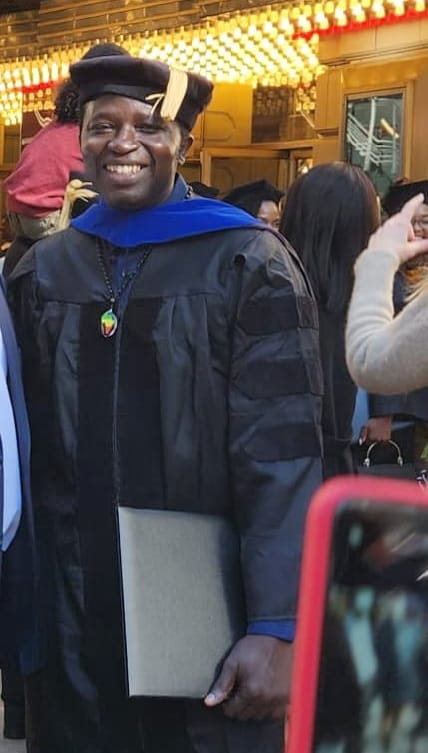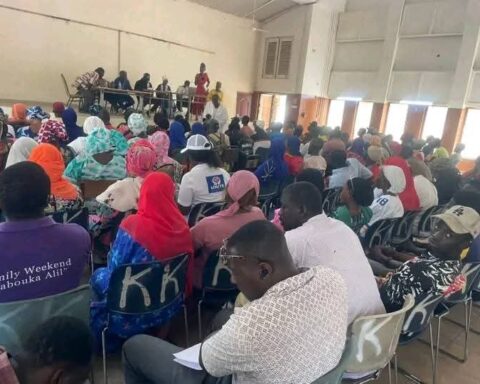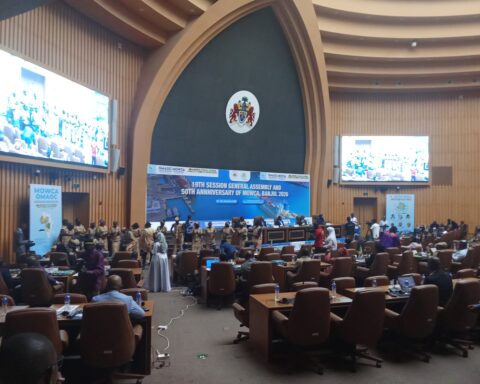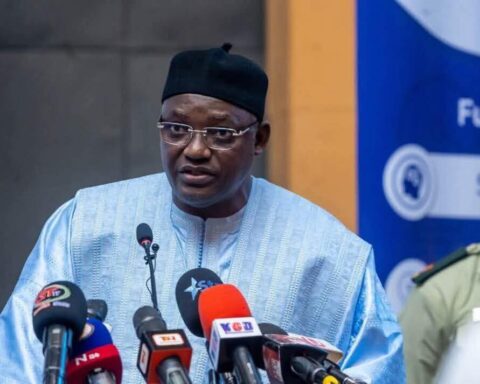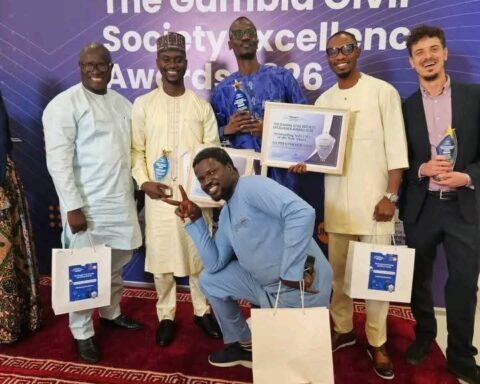In a significant development, the National Food Security Processing and Marketing Corporation (NFSMC), formerly Gambia Groundnut Corporation (GGC) has announced plans to improve groundnut business transactions between farmers and government, reflecting on setbacks the corporation faced over the past four years, leading to the reduction of the number of Seccos selected for the 2025-2026 groundnut season.
The meeting took place between Secco presidents and farmers at the corporation’s grounds in Banjul.
Speaking at the meeting during his opening remarks, the Deputy Managing Director Lamin Sanyang highlighted the importance of the gathering, recalling the amount of losses NFSMC incurred especially during the 2024-2025 groundnut trading season. Sanyang stressed that the amount of losses NFSMC incurred over the years has led to the corporation selecting only fifty out of a hundred plus Seccos.
“We realized that the difficulty we have been facing is hindering our progress. The government takes money from banks, adds subsidies and gives it to us to buy groundnuts,” adding, “That’s why I said this year we will select Seccos who have been delivering up to expectations,” making the selected Seccos presidents and farmers to understand why this year’s selection is very limited.
On his part, Thomas Robert, the Director of Strategic Planning, underscored the importance of collaboration between NFSMC and Secco managers, and their concerns.
Mr. Robert announced that all the selected fifty Seccos for the 2025-2026 groundnut season will be given new diesel screening machines to enhance operational efficiency, and the introduction of a digital device to enable Seccos to record and store measurements of groundnuts, and improve accuracy and record-keeping, adding that payments for the 2025/2026 season will be processed through a mobile application, allowing for faster and more secure transactions.
The meeting wrapped up after farmers and Seccos presidents asked questions that were later answered by the of NFSMC.
Seccos in The Gambia are the primary purchasing centers for groundnuts, a staple crop, where farmers sell their produce to licensed buying agents for income. The system has faced challenges, particularly with cash shortages, payment delays, and the implementation of new digital payment systems, leading to significant farmer frustration. Recent efforts have been made to address these issues, including increased government monitoring, government-led meetings, and the introduction of a mobile application for faster, more secure transactions.

